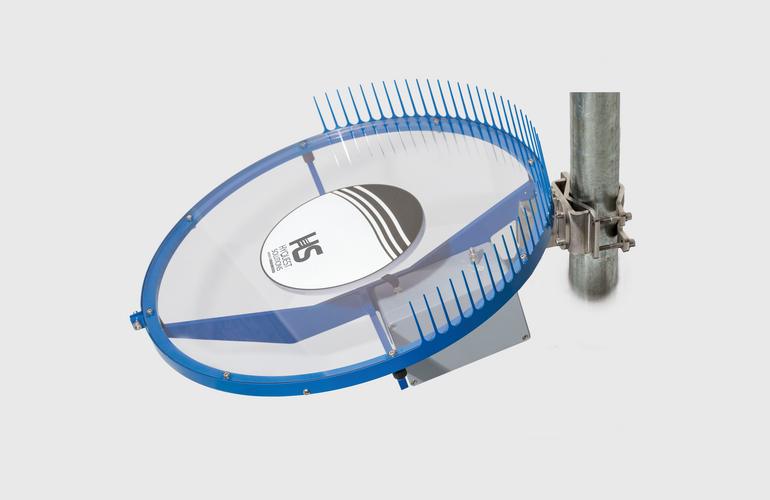SEIA says industry could lose 18 GW of solar deployment if further AD/CVD action is taken
Duties proposed by an anonymous group of petitioners could cause the U.S. solar industry to miss out on 18 GW of solar deployment by 2023, according to the Solar Energy Industries Association (SEIA).
The petitions now before the Department of Commerce would create 50% to 250% taxes on imports of crystalline silicon photovoltaic (CSPV) panels and cells from Malaysia, Vietnam and Thailand. The petitioners allege some companies are avoiding anti-dumping (AD) and countervailing duties (CVD) imposed on China in 2012. The three targeted countries account for 80% of all panel imports to the United States.
Two hundred American solar companies sent a letter to Commerce Secretary Gina Raimondo outlining the impact these duties could have on the livelihoods of 231,000 U.S. solar workers and on the nation’s efforts to fight climate change. The signatories include manufacturers, developers, installers, financiers and service providers from across the solar supply chain.
“I cannot overstate the dire threat that these reckless petitions are imposing on hundreds of thousands of American families,” said Abigail Ross Hopper, SEIA president and CEO. “The anonymous petitioners are asking the Department of Commerce to not only misinterpret U.S. law, but also overturn a decade of department decisions in solar trade cases, all to benefit a few anonymous petitioners at the expense of the entire U.S. solar economy. We urge Commerce to use its discretion and dismiss these frivolous petitions.”
The potentially 18 GW of lost solar deployment is equivalent to the amount of solar capacity installed in all of U.S. history prior to 2015.
Wood Mackenzie forecasts the U.S. will install roughly 30 GW of new solar capacity in 2022 and 33 GW in 2023. The forecasts, which appear in the Solar Market Insight Q3 2021 report, are short of the pace needed to reach President Joe Biden’s decarbonization target for 2035 and implementing these duties could prevent addressing climate change domestically. The report also notes that recent trade actions, like the AD/CVD circumvention petition, could exacerbate supply chain constraints and increase solar prices.
The letter makes the case that the anonymous solar tariff petitions are based on a false premise that manufacturing done in Malaysia, Vietnam and Thailand is “minor and insignificant,” and that cells and panels are predominantly made in China and passed through the targeted nations.
News item from SEIA
You may also like:
<!–
–>
Original Source: https://www.solarpowerworldonline.com/2021/09/dept-of-commerce-reviewing-additional-import-tariffs-on-solar-modules/















